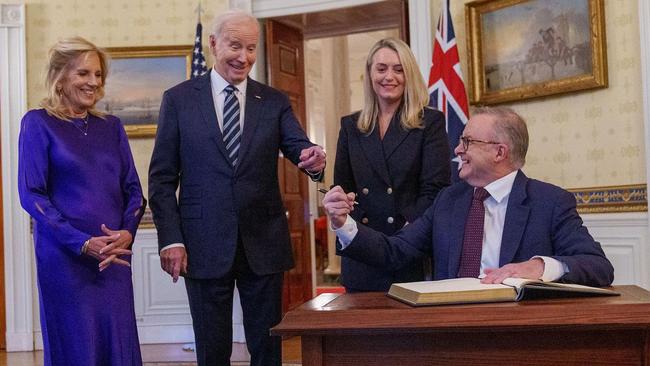
Plans are being put in place for events around the upcoming visits to China’s traditional business capital in the next few weeks by Anthony Albanese, Trade Minister Don Farrell, and Queensland Premier Annastacia Palaszczuk.
The timing of the visit has been well finessed, managing to take in the 50th anniversary of Gough Whitlam’s visit to Beijing in 1983 as well as the opening of the massive China International Import Expo (CIIE) in Shanghai.
One of Xi Jinping’s early policy announcements as President, CIIE was launched in 2018 for foreign companies to promote their wares to Chinese buyers – part of his big pitch to the world that China was open for business.
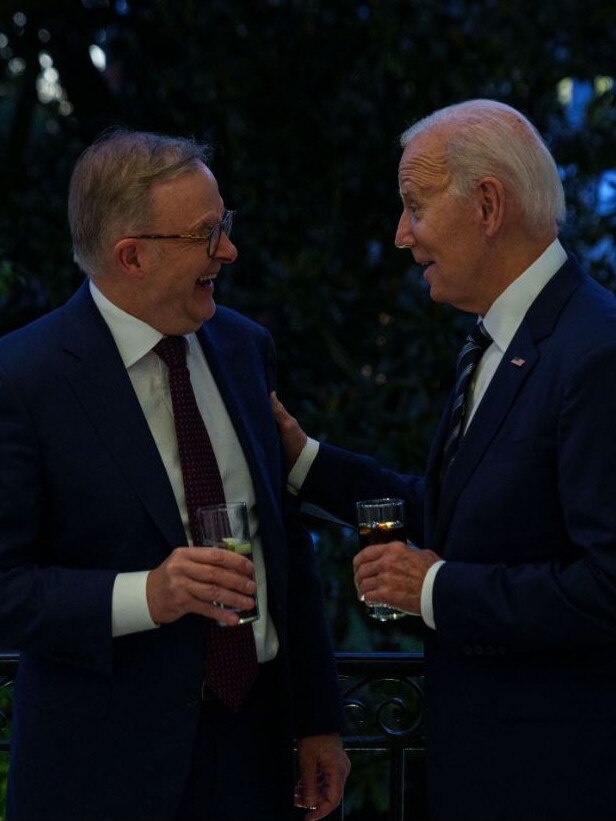
This year’s event will be closely watched for what it says about China’s post-Covid openness and the potential markets for foreign companies as the world grapples with a tense global environment.
Set in a convention centre the size of many football fields in western Shanghai, CIIE is a way for brands to get their product in front of one of the biggest consumer markets in the world.
Australia was well represented in the first few CIIEs, but Covid-19 lockdowns made it difficult for foreign business leaders to attend.
Even before the PM’s visit was confirmed on the weekend, Austrade was working hard to have a significant Australian footprint at the 2023 event. The expo will see a pavilion hosted by Austrade (with sponsors including ANZ and Vierra) and others hosted by the state governments of Queensland, NSW and Victoria.
Austrade confirmed a record 250 Australian companies will showcase their wares at the expo. South Australia has a strong representation from the wine industry, whose spirits have been buoyed by news that China has agreed to review its tariffs of up to 200 per cent on Australian wine. Tasmania’s showcase will include its homegrown whisky company, Lark.
The wide range of smaller companies highlights the potential for exports to China in areas like food, beverages and health care products, which can be sold through e-commerce channels such as Alibaba and JD.com.
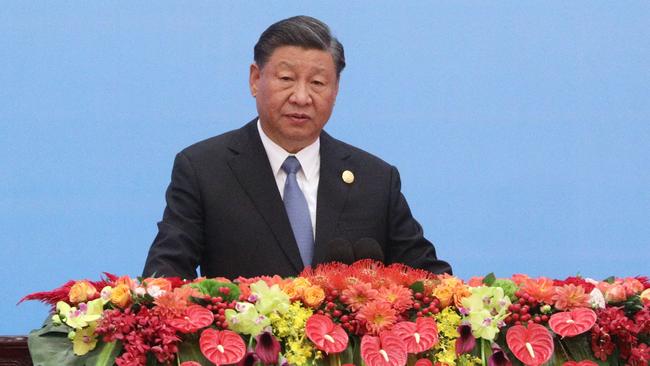
While Albanese is not travelling with a business delegation, executives from Blackmores, Penfolds and others, as well as the Business Council of Australia’s Warwick Smith, a long-time adviser to Kerry Stokes, are expected to be in Shanghai for the expo.
Senator Farrell, who has already made several trips to China, says the expo is an “opportunity to showcase the best Australia has to offer”.
Austrade deputy chief executive Daniel Boyer, a former trade commissioner in China, said Australia’s representation would include a wide range of products.
“Australia has established an outstanding reputation for its high-quality agricultural produce including meat, seafood, dairy, and a growing range of premium packaged foods and beverages to meet the needs of sophisticated Chinese consumers,” he said.
“CIIE is one of the world’s largest trade shows, and falls just ahead of the upcoming 11.11 Singles Day (on November 11), helping drive up demand for what is forecast to be the biggest online shopping day globally.”
Once hopping with some of China’s best bars and restaurants, Shanghai is not exactly swinging these days (some 60 to 70 per cent of expats went home during Covid). The mood has been subdued, but it is improving as an increasing number of foreign business people start to re-engage with the huge market.
Minter Ellison’s Shanghai-based lawyer, Michael Wadley, who has been living in China since 2000, has just finished hosting a visit by the first delegation from his firm’s head office since the Covid closures.
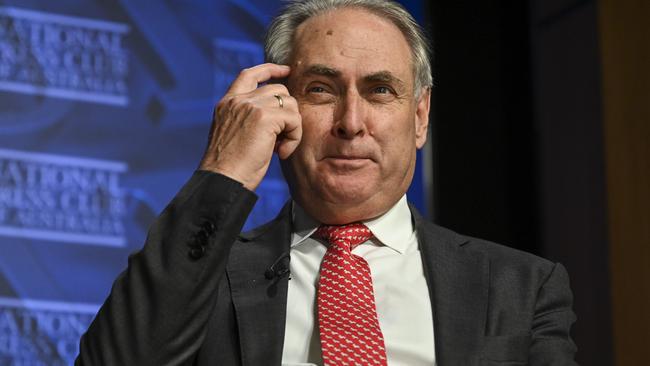
Recent years have included being confined to his apartment for 25 days (except to have twice-daily tests for Covid-19) and then another six weeks when he could not leave his apartment compound.
Wadley said people in China, particularly Shanghai, were now starting to look to the future, including the ties with Australia for those with an interest. “There’s a pent-up enthusiasm here from the Australian side and the Chinese side – people who do business with Australia or who want to do business with Australia,” he said. “Shanghai is a bit bruised from the Covid closures, but the upcoming visit by the Prime Minister will be an injection of confidence.
“It sends all sorts of good messages. Albanese coming and the recent announcements by Don Farrell, including the recent messages about the review of wine tariffs, have gone down well.”
Wadley said there was a “fierce pride” in Shanghai about being the business capital of China, hence the importance of a visiting political leader.
He said the release of Australian journalist Cheng Lei was warmly welcomed by Australians in China, paving the way for a further improvement of relations.
“There was an emotive release when the news was announced. It was a wonderful thing to happen.”
He said Albanese’s decision to go to CIIE was a “shrewd” way of promoting ties between the two countries. “It’s a great thing to do.”
While there has been a big theme in recent years about the need for Australia to diversify its trade away from its reliance with China, it will continue to be an important market because of its sheer size and the fact that Chinese consumers like Australian goods – particularly in the food, beverage, health care and vitamin categories.
Australia cannot be complacent or stand still when it comes to looking for new ways to boost exports and the opportunities in China remain significant.
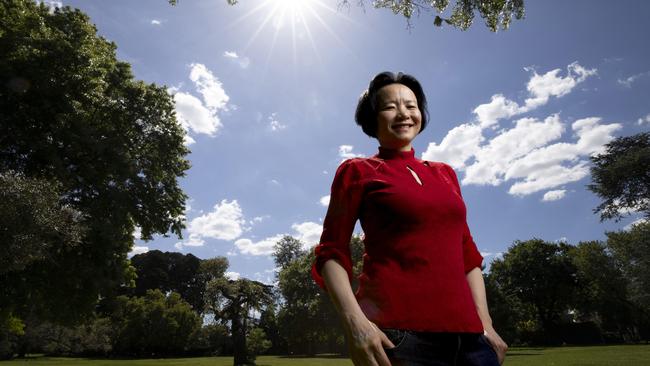
NSW Premier Chris Minns has pointed out his state’s coal exports are worth some $55bn a year. That’s a big gap to fill. As coal mines close as a result of energy transition decisions, Australia’s long dependence on resource exports will need to change.
The host of smaller Australian companies set to wave the flag in Shanghai are a part of that trend.
Wadley argued Australia also needed to plug into the rapid push in China into renewable energy, hydrogen, electric cars, and green energy business.
He said many companies with an interest in this area were keen to invest in Australia. “They just want to know the rules,” he said.
Just what are the new rules of engagement and how they play out with China remain to be seen, but Albanese’s visit to both Beijing and Shanghai will be an important milestone in Australia’s ties with its major trading partner.




The first visit by a Prime Minister since 2016 is providing a much needed note of optimism for the Australian business community in China, as it emerges from after several years of Covid lockdowns and years of tense relations between Beijing and Canberra.